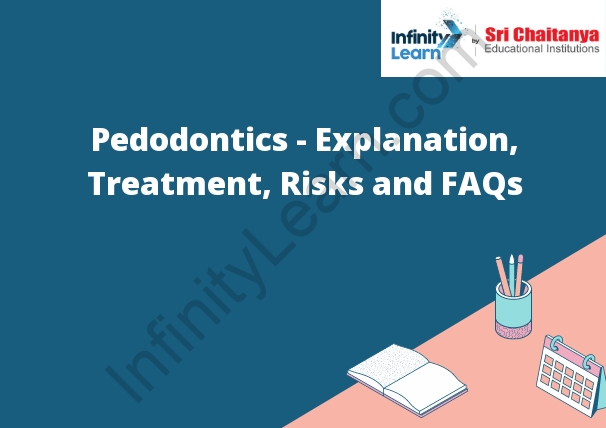Table of Contents
What is Pedodontics?
Pedodontics is the dental specialty that deals with the care and treatment of children’s teeth from infancy through adolescence. Pedodontists are specifically trained to deal with the unique needs of growing teeth and developing jaws. They can diagnose and treat tooth decay and other dental problems in children, often using less invasive techniques than those used on adults.

Pedodontics and Preventive Dentistry
Pedodontics is the study and practice of dentistry for infants, children, and adolescents. Preventive dentistry is the practice of dentistry that is focused on preventing dental problems from occurring. Prevention includes both measures that are taken to prevent the development of dental problems, as well as measures that are taken to reduce the spread of dental problems.
Pedodontic Dentistry
Pedodontics is the branch of dentistry that specializes in the diagnosis, prevention, and treatment of dental diseases in children. Pedodontists are specially trained to care for the unique dental needs of infants, children, and adolescents. They have the experience and expertise to provide a wide range of dental services, from routine preventive care to complex dental procedures.
Pedodontists are experts in the field of pediatric dentistry and are dedicated to providing quality dental care for children. They have the experience and expertise to provide a wide range of dental services, from routine preventive care to complex dental procedures.
Some of the services provided by pediatric dentists include:
• Dental exams and cleanings
• Dental X-rays
• Dental sealants
• Fluoride treatments
• Tooth extractions
• Dental braces
• Dental fillings
• Dental crowns
• Dental implants
What Does a Pediatric Dentist Do?
A pediatric dentist is a dental professional who specializes in the care and treatment of children’s teeth. They are uniquely qualified to provide preventive dental care, including cleanings and fluoride treatments, as well as diagnose and treat dental problems in children. Pediatric dentists also work with parents to create dental care plans that are tailored to the unique needs of their child’s growing smile.
Pedodontic Treatment
Pedodontic treatment is a type of dental treatment that is specifically designed for children. This type of treatment can include anything from preventive care to fillings to dental braces. Pedodontic treatment is important for children because it can help ensure that they have healthy teeth and gums throughout their lives.
One of the most important aspects of pediatric dentistry is preventive care. This includes things like brushing and flossing teeth regularly, as well as visiting the dentist for regular checkups. preventive care can help ensure that children have healthy teeth and gums and that any dental problems are caught and treated early.
If a child does have a dental problem, pedodontic treatment can help address it. This might include things like fillings to repair cavities, dental braces to correct crooked teeth, or extractions to remove a tooth that is decayed or infected.
Pedodontic treatment can also help children learn how to take care of their teeth and gums. This is an important skill that will help them maintain good oral health throughout their lives.
Possible Risks and Complications
There are a few risks and complications that may occur after a laparoscopic surgery. These can include, but are not limited to, the following:
Incisional hernia: This occurs when the incision from the surgery splits open, and the intestines or other organs protrude through the opening.
Infection: This may occur at the surgical site or elsewhere in the body.
Adverse reaction to anesthesia: This is a rare complication that can occur when general anesthesia is used. It can cause problems such as difficulty breathing or an irregular heartbeat.
Bleeding: This may occur either at the surgical site or elsewhere in the body.
Damage to organs: This is a rare complication that can occur during surgery. It can cause damage to the liver, kidneys, or other organs.
Gas embolism: This is a rare complication that can occur when gas bubbles enter the bloodstream. This can cause problems such as difficulty breathing or chest pain.









